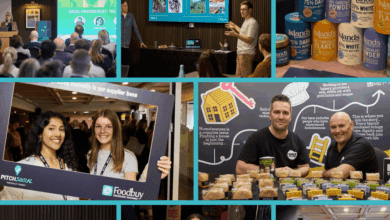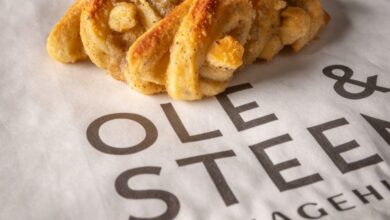How AI will disrupt the service industry in 2019

Before we begin, it’s important to define what is meant by artificial intelligence. When mentioned in the media, AI can mean anything from machine learning in supply chain programming to robot baristas serving your morning flat white.







